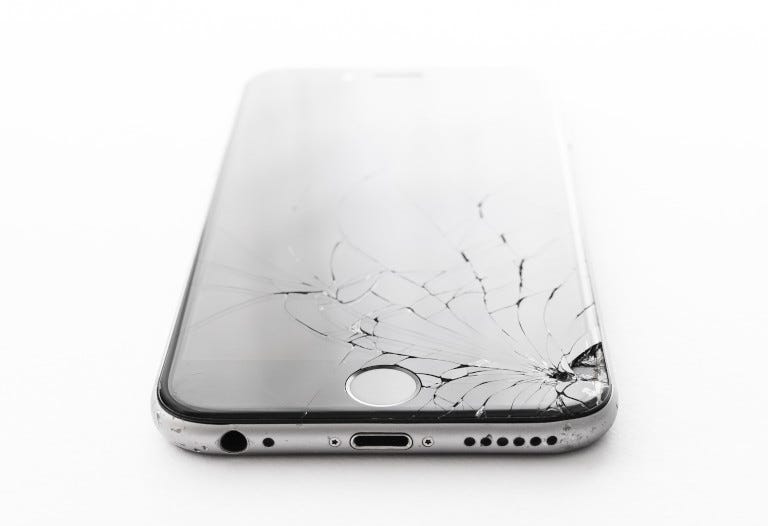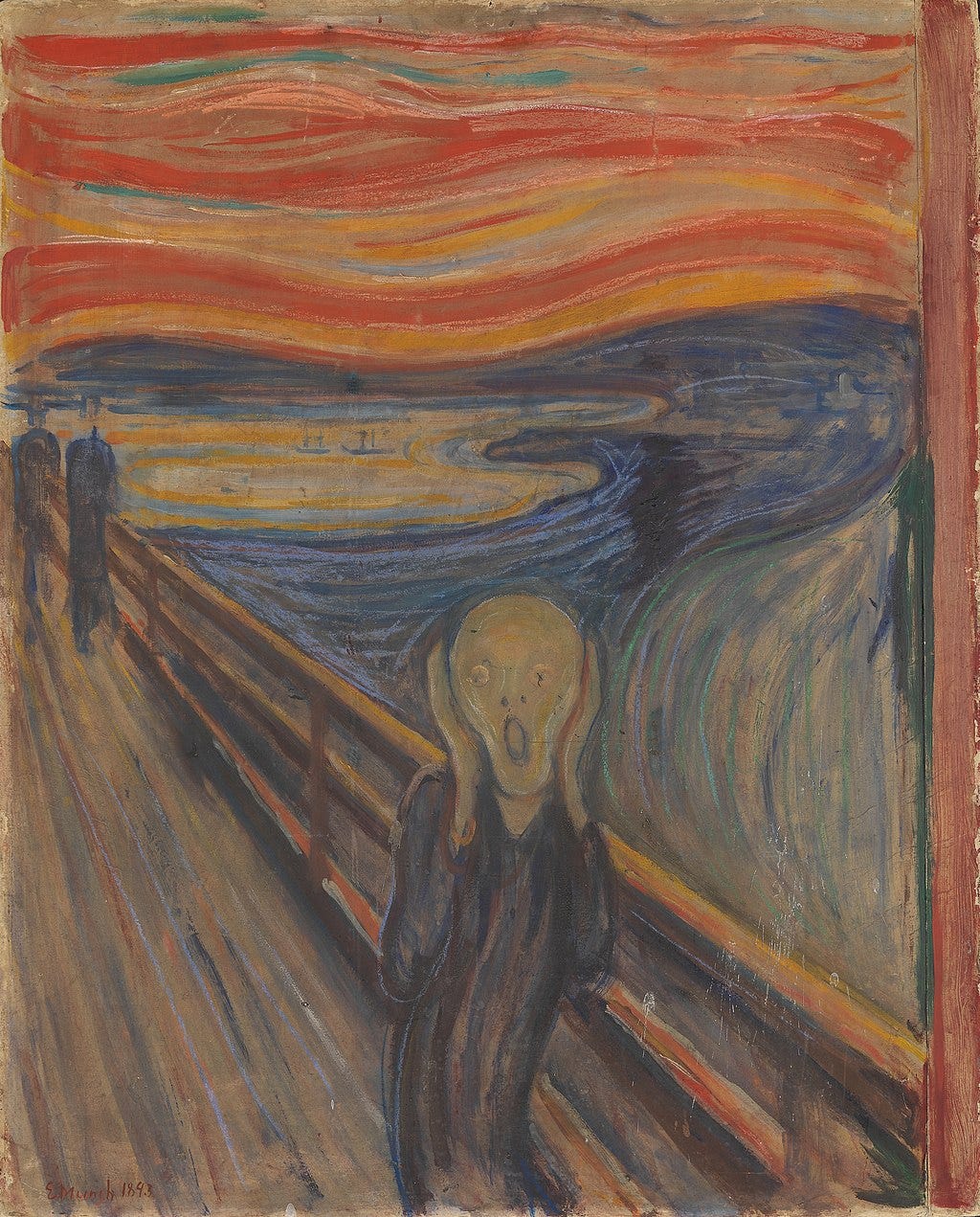More on Mindfulness
Clear Thinking ran an experiment seeking to answer the question: Can you experience enlightenment through Sam Harris' meditation app? (Summary findings here.)
Interesting study, although I don't think it clears the bar for being scientific. Off the bat, the question answers itself: No. The app's website doesn't mention enlightenment and mindfulness and enlightenment aren't the same thing.
The study is basically a rigorous survey, which presents several interesting challenges. Something that makes survey design so difficult: In order to be useful designers have to tangle with a dense web of cognitive biases present in both the designers and the participants. What people report doing and what they actually do are different - sometimes a little, often a lot. So the thing about evaluating the effectiveness of any insta-mindfulness apps isn’t just that the data is self-reported, but that fundamental premise is un-testable. We cannot directly test an individual’s skill at mindfulness - dual or nonduel. What we have to work with are 1) self-reports and 2) observation of behavior.
Meditation is riding a popularity wave (again) and no one want’s to be seen on the ass side of being hip - especially the woksters and virtue signalers. This significantly lessens the value of self-reports. Reports from outside observers are more valuable. Even better if the observations are unsolicited. (“You seem more relaxed lately. What gives?”) Even more reliable are observations of how someone responds when a cruelly indifferent world loads them up with a ton of bricks. This is why, in my view, it’s important to have a living, breathing, recognized master to guide a meditation practice. S**t happens and it’s easy to become overwhelmed.
It’s all well and good to have a strong meditation practice while perched on a pile of pillows, comfy snug in a dazzling yoga outfit, sandalwood incense wafting through the air, and the soothing sounds of Yanni quietly masking the background noise. Yeah for stress relief and rest! Now grab your zafu and take it to a street corner in San Francisco and meditate among the homeless tents and the stench of human waste. How are those deep breathing exercises now? Where’s that mindfulness buzz when you’re stuck at an airport for several days and Yanni has been replaced with endless loops of CNN sound bites? How good are you at conjuring up peace-of-mind while holding a loved one as she wretches with waves of nausea, post-chemo treatment #40?
It’s revealing when a meditation practitioner-turned-proselytizer loses their precious mindfulness if Starbucks gets their order wrong or an airline flight is delayed. Much of what gets peddled as mindfulness these days is what used to be called relaxed, calm, or polite. Most people spend so much time living on the veneer of life that when they do get a chance at some decent relaxation it feels like something deeper.
The idea of using a smartphone app to develop mindfulness or meditation strikes me as deeply flawed. I’m certain they provide some benefit and mindfulness is something we need more of in the world. So I’m glad people are exploring the ideas behind them. But such approaches don’t appear to be particularly sticky. Perhaps this is reflected in the Clearer Thinking study where only 12% claim being able to successfully continue the practice beyond one month. What would the numbers be, I wonder, without phone support? What would they be after 3 or 6 months?
If someone wishes to go deeper, a trusted teacher or master is important. It helps to be part of a community where extended retreats for dedicated practice are possible. The idea of spending a week isolated with a smartphone meditation app leaves me cold. Here is a picture of what that probably looks like by the end of a week long retreat:
As Ken Wilber observed ages ago, the issues that can arise during an extended and dedicated meditation practice - the kind of thing needed to make mindfulness stick - can be explosive and disturbing. This matches my experience. And I’ve known more than a few people who have started a traditional meditation practice, really didn’t like what they were discovering, and stopped.
Finding enlightenment, legends tell us, can happen suddenly when someone is young. The more common path takes life times, if you believe in that sort of thing. I don’t claim to be enlightened. It’s a nice house. I’ve seen it from afar and driven by it a few times. But I don’t live there…yet. So I keep practicing. I’ve been working a meditation practice for 40+ years and one of the things I can say for certain is that every time I think I’ve found how deep I can go, it gets deeper. Mindfulness is elusive.
As for enlightenment, I borrow a fundamental tenet from hacker culture, “You aren’t enlightened until many strangers recognize you as enlightened.” If you have to tell, hint, or otherwise suggest to people you are enlightened, you’re not enlightened. And if it's a phone app telling you you're enlightened (or "mindful") about all you can be certain of is that you definitely aren't enlightened. But you might be a sucker.
Photo by Greg Rosenke on Unsplash





